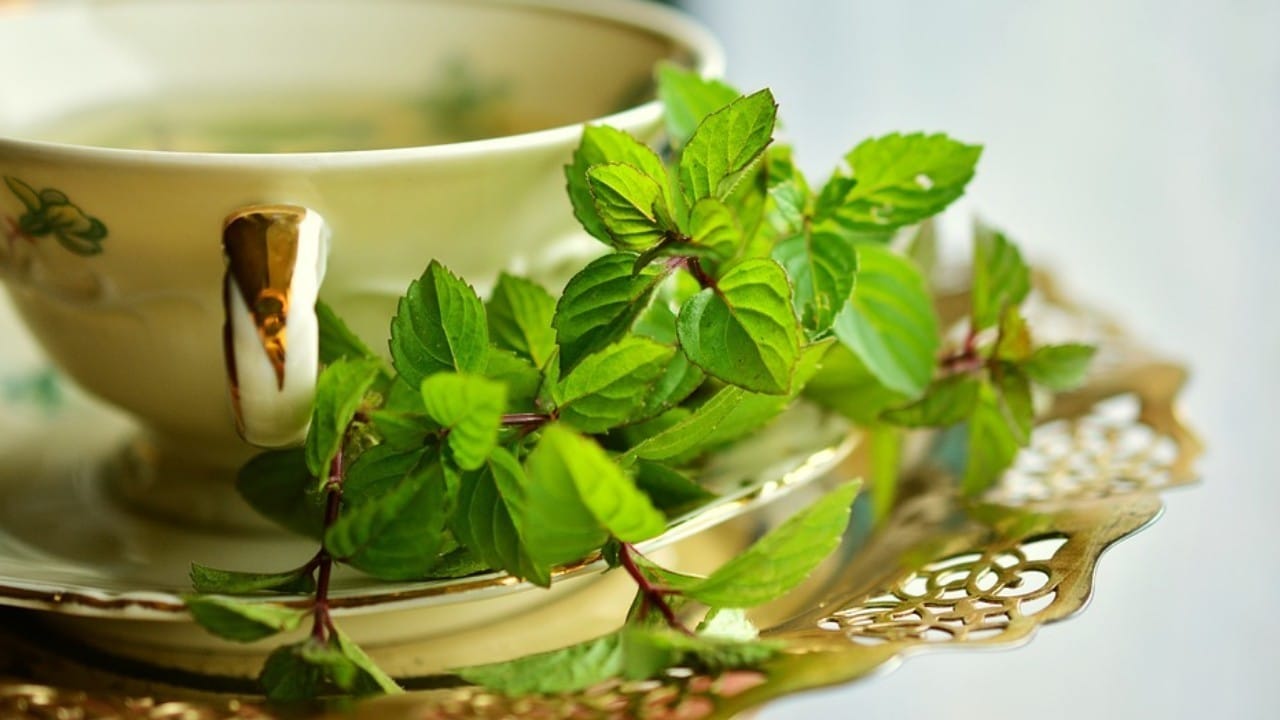For those who may not be familiar with ayahuasca, it is a tea that contains DMT (N, N-Dimethyltryptamine), a hallucinogenic compound. Ayahuasca is derived from the Quechua language and loosely translated means either vine of the soul or vine with a soul. When an individual consumes this tea, it can trigger either a mild sedating effect or lead to extreme hallucinations. HOW DOES AYAHUASCA-BASED TEA AFFECT THE BRAIN?
One of the most important things to note when it comes to ayahuasca is that DMT, which is the primary active ingredient in the tea, is very similar to serotonin in terms of chemical structure. To further put this into context, we should first get a better understanding of how serotonin works in the body. Serotonin, which is found primarily in the brain, bowels, and blood platelets, is a chemical and neurotransmitter that is responsible for regulating sleep, mood, appetite, memory, and even sexual function.
Low serotonin levels can lead to depression and a host of other mental health disorders. That said, many physicians and psychiatrists will prescribe serotonin-boosting medications like SSRIs (selective serotonin reuptake inhibitors), for example, to help patients who are struggling with these symptoms. However, many people will also consume ayahuasca-based tea to achieve the same serotonin-boosting benefits.
According to some studies, the mind-altering effects of ayahuasca-based tea can be felt in as little as 30 minutes after an individual consumes it. The hallucinations, which can vary in intensity, can last anywhere from 1 to 6 hours and can be very similar to that of LSD (Lysergic acid diethylamide). In many cases, those who have consumed the tea will perceive certain sounds as being more intense than usual or may hear sounds that do not exist.
While there are a variety of ways to consume ayahuasca-based herbs, many people prefer to consume it in tea form, which introduces small amounts of the mind-altering substance to the brain over a longer timeframe, resulting in a longer and more pleasurable high. AYAHUASCA-BASED TEA AND ADDICTION
While ayahuasca-based tea is not physically addictive, it can trigger psychological cravings, which can be just as difficult for some people to overcome. That said, there is very little research available when it comes to the long-term psychological effects of consuming ayahuasca-based tea, and there is even less information available concerning the full extent that the tea has on one’s physical health when consumed long-term. The one thing that most addiction experts will agree on, however, is that the mild to moderate hallucinations associated with these teas in and of itself can lead to psychological dependence for some individuals. AYAHUASCA-BASED TEA AS AN HERBAL OPIATE
Although the practice is not recommended or endorsed by the addiction treatment and recovery community, many individuals have turned to ayahuasca-based teas to help them overcome their addiction to prescription-based or street-level opioids. That said, those who choose to consume ayahuasca-based tea to overcome an opioid addiction are urged to proceed with caution. According to Dr. Gerald Thomas, director of alcohol and gambling policy with British Columbia’s Health Ministry, consuming ayahuasca-based tea may be beneficial for those seeking to end their addiction to opioids due to how it temporarily alters brain function.

In essence, the changes that take place in the brain once an individual consumes ayahuasca-based tea is similar to that of consuming methadone and suboxone, two of the most commonly prescribed opiate alternative medications, which are used to help individuals overcome severe withdrawal symptoms associated with opioid detox. Nonetheless, Dr. Thomas cautions that more research will be needed to determine the substance’s long-term effects as well as the overall efficacy before it can ever be recommended as an opiate alternative for those needing help ending their addiction to opioids. SIDE EFFECTS OF AYAHUASCA-BASED TEA
Despite being extolled for its calming effects and other therapeutic benefits, there are some side effects associated with consuming ayahuasca-based tea. After all, the psychedelic tea is comprised of DMT, Banisteriopsis caapi (flowering vines), and Psychotria viridis (shrub leaves of the chacruna plant), all of which can trigger a mind-altering experience. Some of the more common physical side effects include
- Agitation
- Chest pain
- Dehydration
- Diarrhea
- Dilated pupils
- Dizziness
- Heart palpitations
- Seizures
- Vomiting
Of course, the side effects do not end there as ayahuasca-based tea is also known to trigger a variety of psychological side effects as well, including hallucinations, anxiety, and extreme paranoia. Ironically, some individuals consume ayahuasca-based tea solely to achieve these psychological effects. These same individuals have equated these effects, which may be off-putting to most people, as a way of cleansing their mind and body. Whether these beliefs are misguided or based on tangible evidence is still up for debate, but many people believe they are simply par for the course when consuming these psychedelic teas. WHY IS AYAHUASCA-BASED TEA GROWING IN POPULARITY?
Although ayahuasca-based tea has recently started making headlines in North America, it has been a mainstay in South American countries for decades and is often consumed during religious ceremonies among those seeking to benefit from its hallucinogenic properties, which they believe will trigger a spiritual awakening of some sort. In the United States, there are two churches that are known to use ayahuasca-based tea during religious ceremonies. These churches include the UDV church in Santa Fe, New Mexico and also the Santo Daime church in Oregon. Also, more people are turning to this psychedelic tea to help them overcome opioid addiction and as a way to cope with mental health disorders like depression and PTSD, for example. HOW IS AYAHUASCA-BASED TEA MADE?
This new trend in ayahuasca-based tea has led to more people brewing the concoction in the privacy of their own homes, and the reasons for doing so can vary greatly from one person to the next. Some people are using it as an herbal opiate alternative to help ease opioid withdrawal symptoms while others are using it as a form of self-care to address a mental health disorder. Most people will take a traditional approach when it comes to brewing their own batch of this psychedelic tea, which entails the use of Banisteriopsis caapi and Psychotria Viridis.

The Psychotria Viridis contains DMT, the most active ingredient, and Banisteriopsis caapi contains MAOIs (monoamine oxidase inhibitors), which protects against stomach upset while the Psychotria Viridis is being absorbed and ultimately broken down in the stomach. The brewing process is not too dissimilar from brewing any other kind of tea. In essence, you will need to combine all of the ingredients into a saucepan, fill the pan with water, and allow the water to come to a boil. From there, carefully pour the combination into a cup using a tea strainer to catch the leaves and stems. BOTTOM LINE
There are also many reports of people becoming psychologically addicted to these teas as well. If you’re thinking about trying ayahuasca-based tea as an herbal opiate to help with opioid cessation, to cope with a mental illness, or for any other reason, you’re strongly encouraged to speak with a physician before making your decision.




